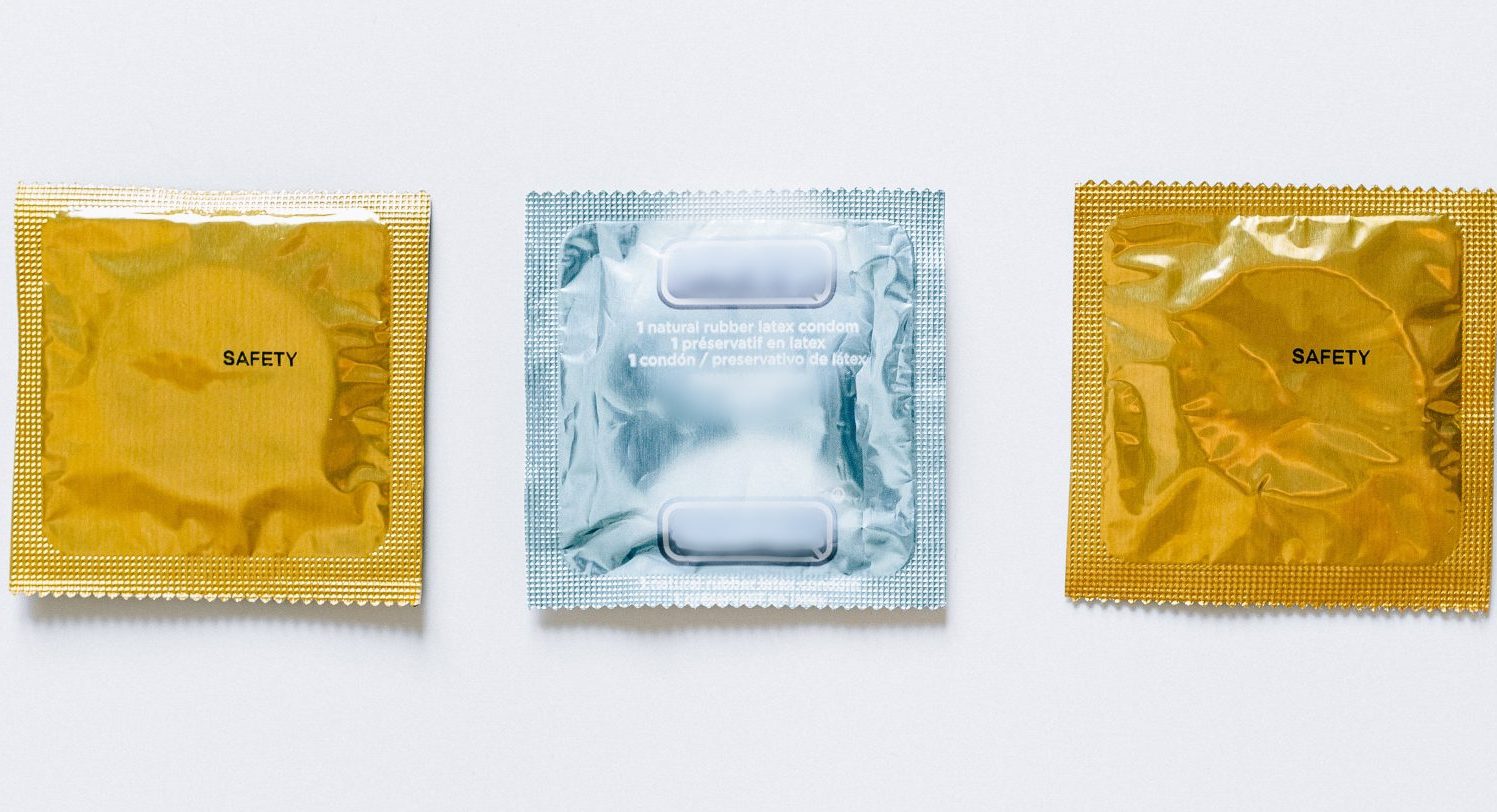Living in the era of hook-up culture in a conservative, patriarchal society has led to some of the most entertaining, awkward and well-meaning conversations I have been part of. My girls and I have gone from breaking down the most minute interactions with our crushes (“if they picked me to be their project partner they might think I’m cute right?”) to our awkward encounters at bars (and the nuances of navigating small talk over bummed cigarettes) and to our sexual encounters. These last conversations often start with the embarrassing first-times we love to relive and slowly, awkwardly, tip-toe into our doubts and fears of what is okay, and what is strange; Is it okay to like this? Is this normal? As comforting as it is to know that friends are willing to have these conversations when no one else will, the truth is we don’t always know the right answers. The implications of this never seemed as important until we had to discuss the nuances of hooking up with someone in the midst of a pandemic. Can you trust someone to have been safe? Would it be rude to ask them to get a test before just to be safe? Would even the mention of this deadly disease kill the mood? And these aren’t just individual concerns, governments in more liberal parts of the world have recognised the public health implications and actively addressed such concerns- the Netherlands recommended people find a sex buddy to tide them over during the pandemic, while the NYC administration released an inclusive sex-positive manual on safe sex in the time of the coronavirus. The truth is Covid-19 is only one of many diseases that can be transmitted sexually and by asymptomatic carriers.
So as we talked about disease and the dangers of a good time in this context we were forced to acknowledge that these questions had been at the back of our minds far before the pandemic- and not just with regards to our partners but ourselves. Do we really know that we have been safe? Should we be getting tested and how often? If yes, do we know where we could access these tests and for how much? And for most of us, we weren’t sure of the answers. We’d like to believe that we can cover them up with a condom (literally, even though they may not protect you from syphilis, herpes or HPV), but the only thing scarier than having to talk about STIs is having an STI.
In the absence of knowledgeable conversation around STIs, the taboo has bred a monster while we hide under the covers. This approach has been ineffective to say the least, as per 2002-03 (i.e pre-Tinder) estimates of the Indian Council of Medical Research nearly 6% of the Indian population had one or more STDs. This statistic is scarier when placed in context of the fact that most Indians are unlikely to get tested regularly for STIs unless they start to display symptoms; moreover, most STIs don’t have clearly visible symptoms and thus cannot be detected without a test. Furthermore, in many cases, someone could be a carrier, i.e they would remain asymptomatic while spreading the infection further. The potential complications resulting from untreated STIs include infertility and cancer, and yet the only complication our current conversation addresses is the shame that accompanies it.
This shame surrounding STIs is propagated in a variety of ways, whether it’s the common misconception that having an STI necessarily means the person is unhygienic or promiscuous, or the way herpes and syphilis have remained pop cultures’ favourite punchline. Or even just the way a negative test result is referred to as proof of being ‘clean’. This shame doesn’t just lack a valid foundation, it has far-reaching implications. No one wants to start the conversation about getting tested because they might have to defend themselves against a barrage of accusations and judgement just for feeling at risk. Similarly, fears are easier to ignore than real diagnoses that would have to be followed up by frank conversations with our recent sexual partners. The truth is all sexually active people are at risk of STDs, even when they practice safe sex.
None of this would be nearly as shameful or taboo if the diseases weren’t sexually transmitted. Which allows for the shame we associate with sex to be transmitted to such diseases themselves. Indians in particular have grown up with rigid ideas of acceptable and unacceptable behavior, all dictated by Sharma ji’s opinions kyunki log kya kahenge? With the teamline always being to hide anything that could be a problem and keep it to yourself and a repressive and regressive attitude around sex, displays of affection, and ones’ own body, we created an unsafe environment. One where no one really knows what’s okay and what’s not and more importantly they don’t know who to ask. This environment is routinely reinforced by parents who fail to have honest conversations, teachers who compromise on the quality of sexual education they impart, and gynaecologists and urologists who assume marriage is the only path to getting laid and fail to create an open and honest dialogue with their patients.
Let’s consider an alternative world for a second, where tests are normalised and common practice. Not only would it be safer to have casual sex because you’d know exactly what you’re getting into bed with, but also you’d be prepared for the worst. Like when you go to the movie with a friend and realise you caught their cold, and sure you giggle and joke, but you don’t freak out because you know it happens sometimes, and you know you have to take a round of antibiotics and watch out for certain warning signs. More importantly, it puts you in the practice of paying attention to your own body- the strange and the weird and the unknown, without shame. So you can bring it to someone’s attention, who in turn wouldn’t shame you but rather tell you what happens next and assuage your fears. This would mean broadening conversations around genital health, contraceptives and safe sex practices in general.
If that sounds like a world you’d like to live in, here are a few things you can do to make it happen!
- Set up regular appointments to get yourself tested: The CDC recommends getting tested once a year, or more in case you start to display any symptoms. To make it less intimidating, incorporate it into your routine as much as you would a spa day with friends!
- Ask new sexual partners about their sexual well-being. To make this less awkward, put them at ease by sharing your own history and test results first. Consider this as basic and routine as asking if they have a condom on them.
And if you’re worried it’ll ruin the moment, think about it, would you really want to be with someone who doesn’t pass this test?
Sidenote: Subscribe to our newsletter if such conversations interest you one bit. If you are not one for reading then follow us on Instagram for all things picturesque but also all things sex.









